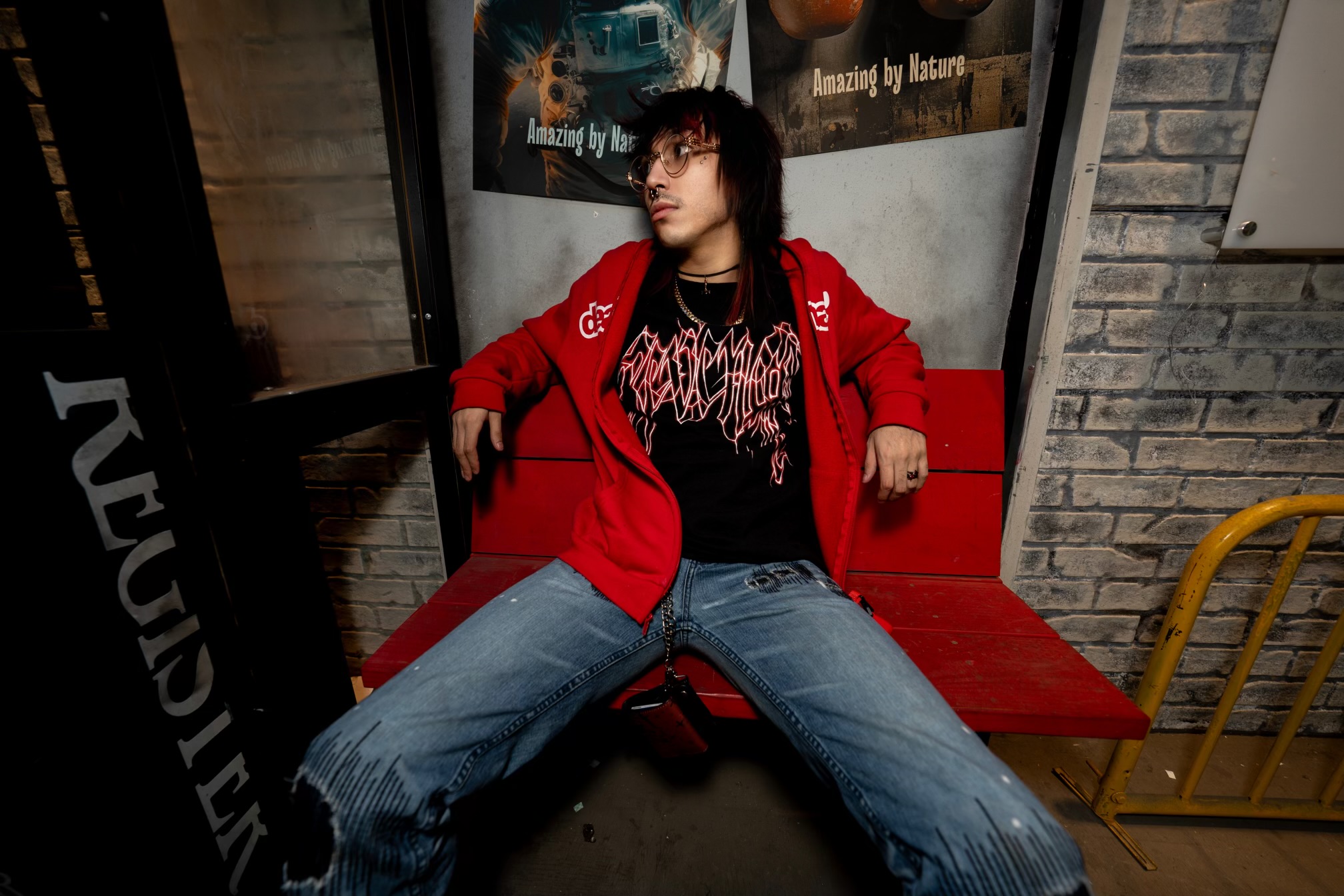The fall 2021 anime season has come to a close, which means the majority of newer shows have finished airing until the winter anime season gets underway in early to late January. This includes the 12-episode slice-of-life romantic comedy Komi Can’t Communicate, the finale of which aired on December 23.
Although Komi Can’t Communicate is scheduled to have a second season, this is not slated to begin until April 2022. It’s a potentially long wait for viewers who enjoyed meeting the outwardly graceful Komi -- a high school girl who actually deals with crippling social anxiety, to the point where she communicates primarily through writing rather than verbal speech. To help tide fans over, here are some other anime titles that deal with making new friends and/or finding unexpected romance even in the face of severe social or communication issues.
Big Windup!/Ookiku Furikabutte
Despite being the ace baseball player of his former middle school team, Mihashi Ren, now a high schooler, has incredibly poor self-esteem; due to his poor pitching and constant game losses, his ex-teammates began bullying him and stopped even attempting to play well. While initially reluctant to play baseball at all in high school, with the help of his new teammates, Mihashi soon finds that he has a genuine talent and is indeed someone worthy of support and friendship.
Big Windup! may sound like a fairly run-of-the-mill sports anime, but its magic lies in how genuine it all feels. Mihashi’s extreme lack of confidence feels crushingly real, but the relationships he forges at his new school, particularly with catcher Abe Takaya, are all the more heartwarming for it. Although ostensibly a comedy, as a seinen rather than shounen title, Big Windup! is often less about simply winning at baseball through sheer grit and perseverance and more about recovering from past fear, guilt and ostracization.
Hiyokoi
15-year-old Nishiyama Hiyori is attending class for the first time in a year as a high school freshman after a major accident left her hospitalized and even caused her bones to stop growing. Now very short for her age and exceptionally timid, Hiyori’s low self-confidence and struggles with socializing are helped when she is befriended by the tall and popular Hirose Yuushin.
At first glance, Hiyokoi might not attract all that many viewers, as despite being based on a completed 14-volume shoujo manga, the initial 2010 anime received only a single-episode special that introduces the main characters and basic storyline. However, this was followed up by a 3-episode ONA in 2012, which does more to flesh out the premise and cast. Nonetheless, even the single-episode special manages to do an admirable job of endearing the audience to Hiyori’s plight, and the budding romance between her and Yuushin is as sweet as it is wholesome.
AnoHana: The Flower We Saw That Day
Yadomi Jinta currently lives his life as a recluse, playing video games instead of attending school and generally being a shut-in. However, what he initially thinks of as hallucinations of long-dead childhood friend Menma eventually spur him into action, as Jinta becomes convinced that by granting her forgotten wish, he can finally lay the ghost of Menma to rest -- and perhaps find some peace himself in the process.
Although Jinta is AnoHana’s main character, the series’ other cast members likewise struggle to communicate with their peers, or at least to be honest with them. Jinta’s former friends are just as deeply scarred as he is by Menma’s death, and the figurative masks they wear serve to put up a front of normalcy, creating a barrier between them and the rest of the world. While Menma becomes their main point of focus, above all, the anime is about healing from trauma through bonds of friendship -- no matter how painful that may be.
One Week Friends/Isshuukan Friends
When 16-year-old Hase Yuuki finally gathers up the courage to speak to his long-time crush Fujimiya Kaori in an effort to strike up a friendship, she flatly rejects him, just as she has everyone else who has tried to befriend her. However, it’s soon revealed that due to an accident in middle school, the seemingly cold and aloof Kaori literally ‘resets’ at the end of every week, unwillingly forgetting all memory of her classmates. Out of fear of hurting people, she therefore chooses to remain alone.
While it sounds almost laughably melodramatic on paper, One Week Friends succeeds at cutting to the heart of themes of isolation and loneliness. There’s a surprisingly subtle amount of character development to be had here, especially given that many of the series’ more dramatic moments are purposefully underplayed rather than oversold. Typically poignantly atmospheric rather than loudly theatrical, One Week Friends’ depth of feeling is a reminder of the true power that friendship can have, even in the face of seemingly insurmountable odds.
Amanchu!
When she moves from a big city to a quiet seaside town, Ooki Futaba initially feels lost and overwhelmed, although she quickly finds herself drawn to the beautiful expanse of the ocean. However, the painfully shy Futaba is quickly befriended by the energetically cheerful Kohinata Hikari, who also happens to be a passionate scuba diver. Encouraged by the ever-exuberant Hikari, and despite her lack of skills or experience in the water, Futaba decides to work toward earning her diving certification.
Although Amanchu! never states anything outright, Futaba’s extreme introversion and major self-esteem issues are indicative of someone who suffers from anxiety on a profound level, and who is struggling to cope now that she’s no longer directly connected to her old life. Where the series really shines is in its depiction of her relationship with Hikari, who seems to intrinsically understand Futaba and not judge her, despite being her polar opposite. The pair become strongly connected, their bond not reliant on give-and-take but instead rooted in pure acceptance and support -- a friendship as deep as the ocean itself.
About The Author
